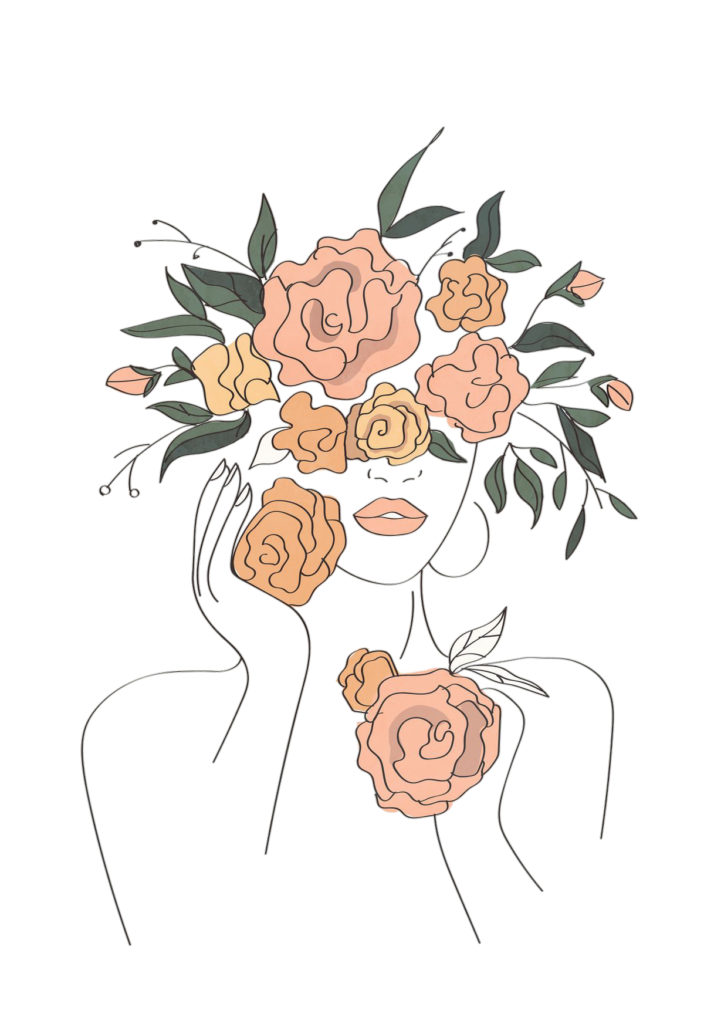Growing up in a European middle-class suburban household, my life was one of privilege and direction. My path was set for me, study hard, finish school, go to university and get a financially stable job. There was no room for deviation, so that is exactly what I did; I became a teacher. But then, after two years of working full time and just shy of 24 years old my whole world crumbled. I woke up one summer day, on a holiday with my partner in the Whitsundays and my heart said to my brain “Hey, I am actually holding on by a thread right now.” My brain couldn’t comprehend why I was feeling like this now, I mean I was on a freaking holiday in the Whitsundays! What crazy lady would be depressed with that view! Plus, my life was one of privilege so why would I be upset? So, I did the dumbest thing I could have possibly done; I ignored it.
Fast forward eight months and I had officially burnt out. I was 24, working full time in a low socio-economic school where the behaviour was tough, the expectations were unrealistic and I had shed more blood, sweat and tears than I had anticipated. Why had no one warned me about this? My life was in ruins. I was diagnosed with depression and anxiety, my functional medicine doctor diagnosed me with SIBO and a new list of allergies, I had no hobbies, I lost contact with most of my friends, and I was incredibly unhappy with my career choice.
How could I fix this? I was on the right path according to my parents. I had a secure job. I was financially stable enough to buy a house. I was in a loving relationship with my partner. I was ticking off all the boxes. But life is different now I told my parents. Those expectations are now redundant, and I felt helpless.
No one really prepares you for the life you live after university, or even after school for that matter. Your life is suddenly one of breadth and variety and that can be daunting. The possibilities of what you can do with your life are endless and for someone who has always had structure, that notion is extra ambiguous.
The challenges that come with being a young female also add to this sense of despair that is commonly felt in your 20s. Anxiety over the rental crisis, the cost of living, the gender pay gap, safety and let’s not forget the unrealistic expectations over how we should look contribute to that ever-appearing cloud over our heads. And the list goes on.
Therapist Tiana Leeds explains that many people experience this disillusionment once they have spent time in the “real world”. They begin to feel a dramatic sense of disappointment when they realise that their life isn’t what they had envisioned, whether that may be due to the realisation that their career isn’t the right fit for them, or whether it’s because they watch their friends progress in life whilst they stay stagnant, or maybe because they have big dreams but no way to execute them adds therapist De-Andrea Blaylock-Solar. And that my friends, is the dreaded quarter-life crisis in a nutshell.
Do these feelings resonate with you? Well under all this angst, there is good news. You aren’t alone. We surveyed our readers and found that 70% of them felt the same way. So, what can we do about it? Here are some achievable ways to combat a quarter-life crisis and I promise you there is light at the end of the tunnel. I am now 25 and slowly starting to see that light by adopting these tips.
Seek Support
Seeking professional support can be costly and daunting but let’s do some girl math and consider this an investment. Did you know you can receive Medicare rebates for up to 10 individual psychological appointments? All you need to do is go to your GP and ask for a mental health plan. It’s that easy! Investing in help to untangle those complicated feelings of confusion and anxiety will be the best long-term investment you can make for yourself.
Is seeking professional support not an option? That’s okay, we hear you. Try talking to friends, colleagues or even a family member like your mum. Remember, parents don’t always have the best advice at times, but they may have experienced the exact same feelings as you. Alternatively, try joining a group or club! Whether that may be a book club or even a netball team, by finding like-minded individuals, you will have more support to turn to.
Reflect and Set Realistic Goals
Reflecting on your current situation and adopting a positive mindset can be hard but it is crucial for healing. Take a non-biased look at where you are in your life and list your goals and any obstacles that you might encounter. This is where we tend to self-sabotage. Are you surrounding yourself with positive people who will help you with your goals? Are you spending too much time comparing yourself to other people on social media? By setting realistic and achievable goals, eliminating obstacles, and adopting a can-do attitude, you are more likely to set yourself up for success.
Be Adventurous
As we grow older, it is harder to find a passion let alone the time to do so. However, becoming adventurous by trying new things can lead to finding a passion that you are truly excited about. Having a hobby or passion can boost serotonin, act as a distraction to the busy lives we live and can help you get to know yourself! Consider joining a sporting team, trying a new class, booking a tour, or going on a solo date.
Prioritise Yourself
Remember to prioritise yourself! It is so easy to get caught up in taking on extra work or saying yes to that outing when you really don’t want to go. Be selfish. Yes, I said it! And I will say it again. BE SELFISH. Healing and creating a positive mindset are all about nourishing your mind and body with things that are going to make you happy. Prioritise moving your body and eating whole foods (with a sneaky dessert in between). Fuel your mind with a wholesome novel, self-help book or podcast. Try reading “The Space Between” by Michelle Andrews and Zara McDonald or listening to “The Psychology of Your 20s” by Jemma Sbeg, which both aim to help you make sense of your 20s. Lastly, prioritise getting enough sleep! Go back to the basics of self-care and put yourself first.
Be Patient!
Rome was not built in a day, so be patient. The more you stick to healing and growing by adopting these techniques or others you may have learned along the way, the more you will evolve. Remember that there is a ridiculous notion that we are supposed to have it all figured out by the time we get to our 20s and that couldn’t be further from the truth. Being in your 20s is all about experimenting and learning. Trust yourself and let yourself develop into the sophisticated and intellectual being that you were born to be.
Read more about the quarter-life crisis phenomenon here.
Read more thoughts on life after university here.





